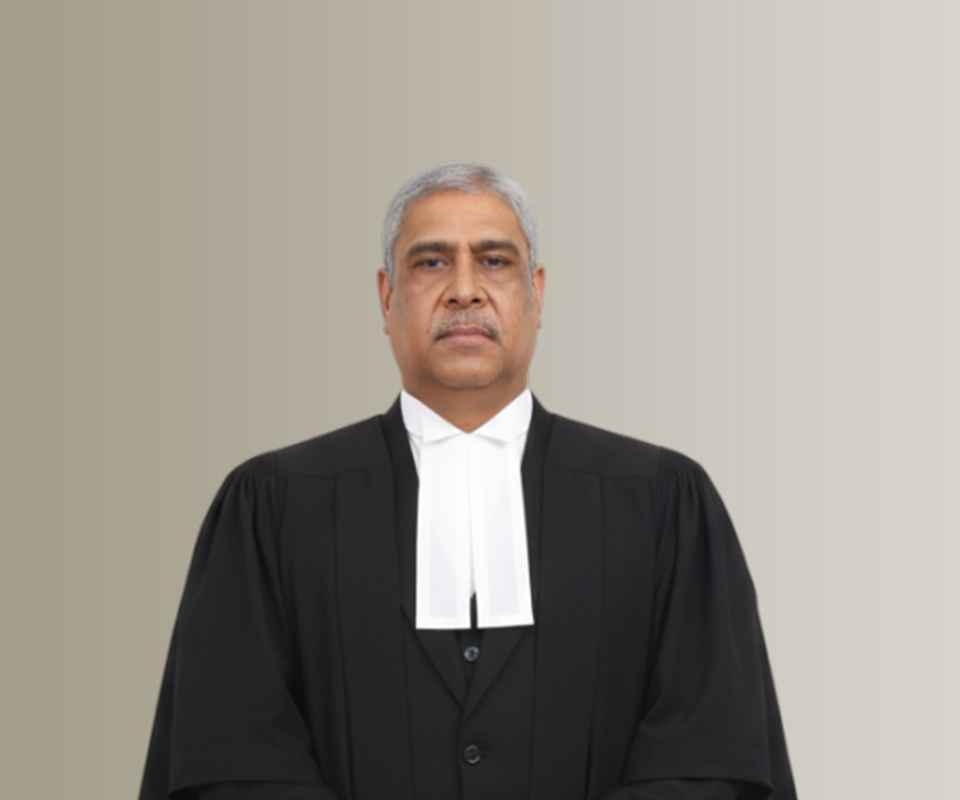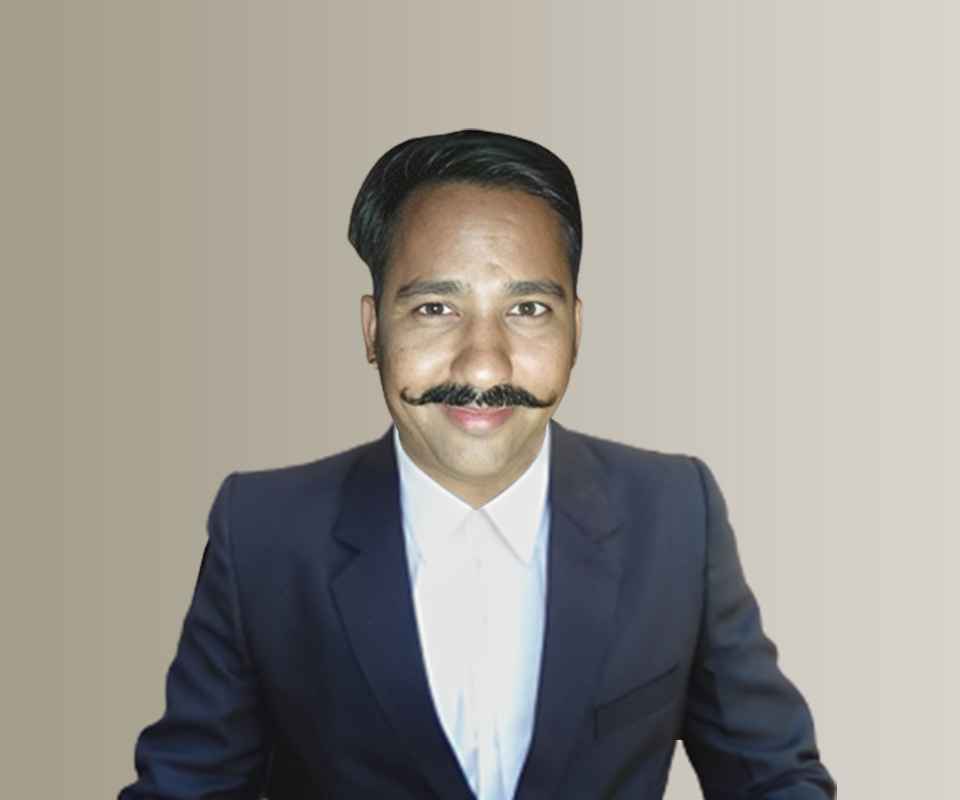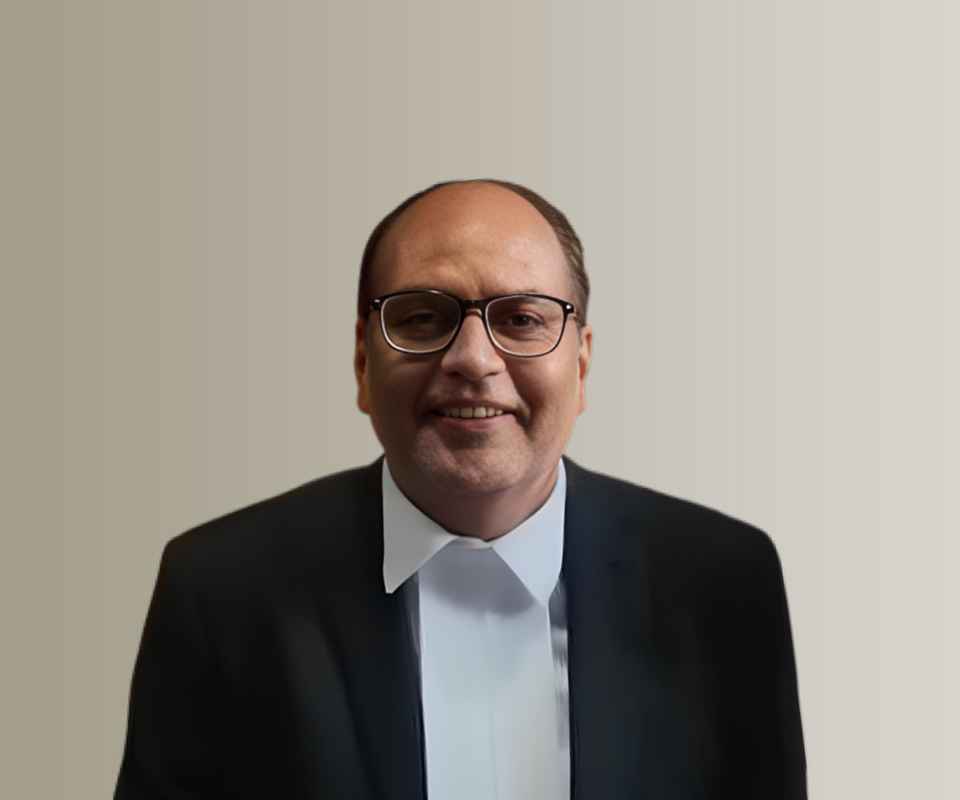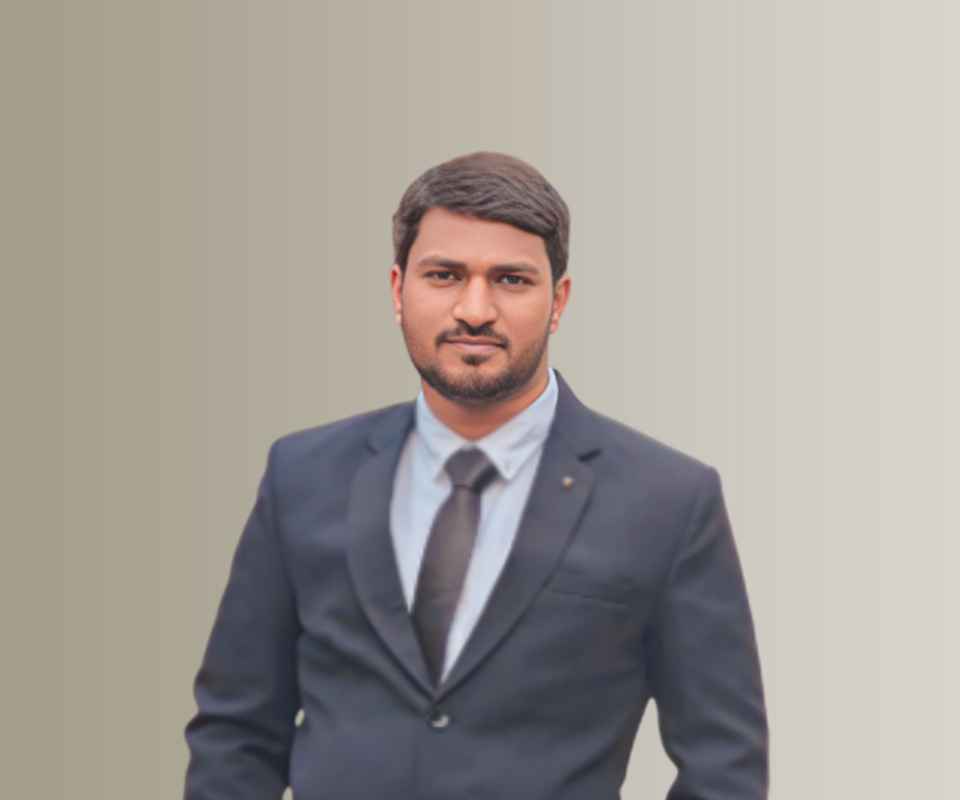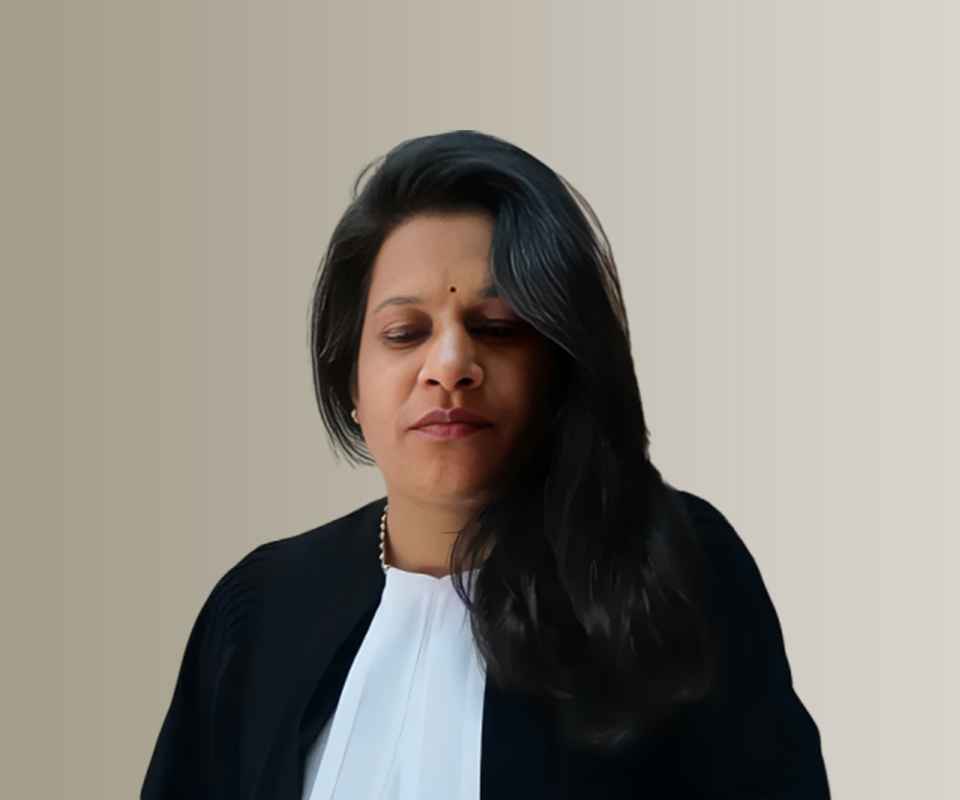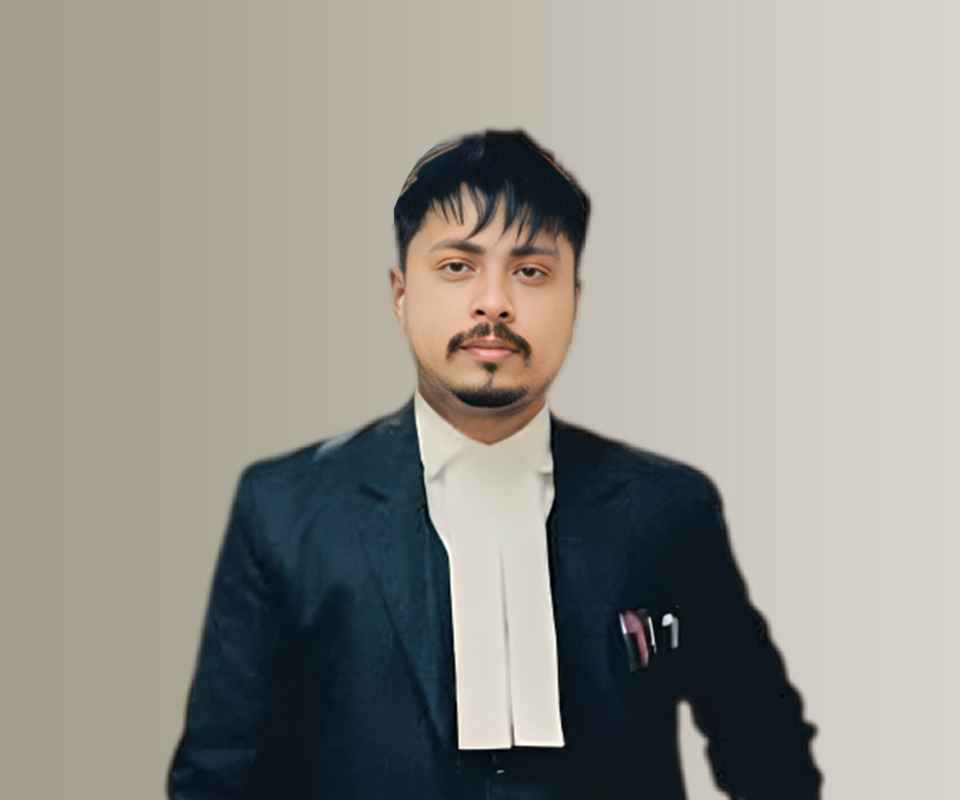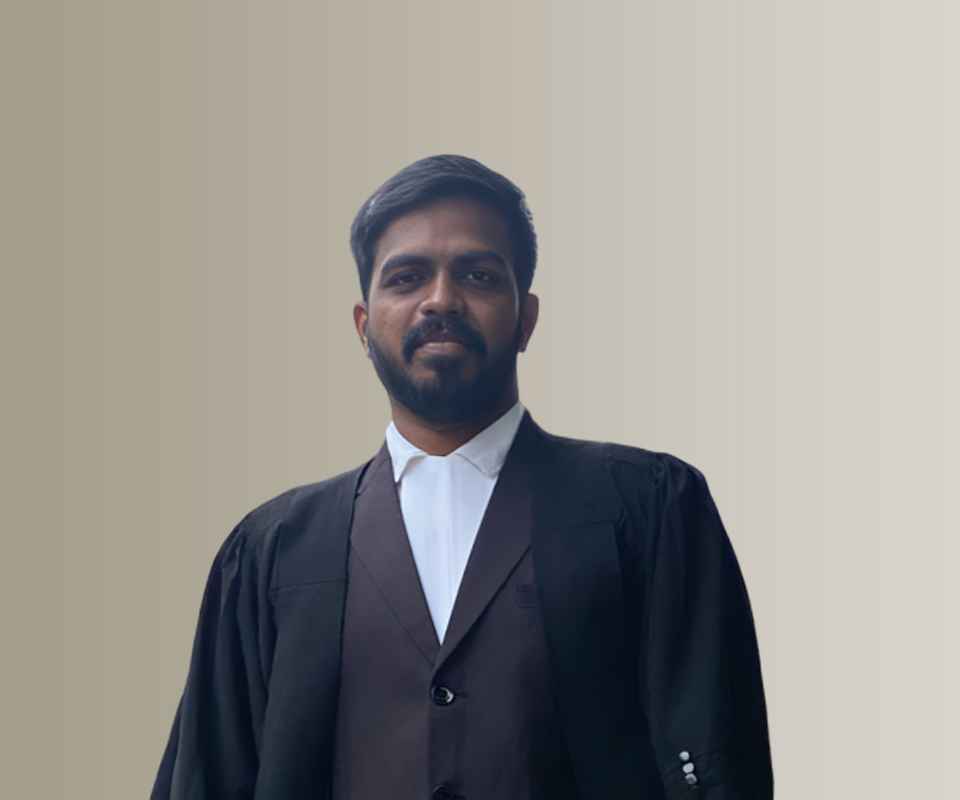Answer By law4u team
Safeguards against wrongful convictions in criminal trials in India are built into the legal and judicial system to ensure that individuals receive a fair trial and that justice is served. These safeguards are designed to protect the rights of the accused and prevent the miscarriage of justice. Key safeguards include: Presumption of Innocence: Indian law follows the principle that an accused person is presumed innocent until proven guilty. The burden of proof lies on the prosecution to establish the guilt of the accused beyond a reasonable doubt. Right to Legal Representation: Under Article 22(1) of the Indian Constitution and Section 303 of the Code of Criminal Procedure (CrPC), the accused has the right to be defended by a legal practitioner of their choice. If the accused cannot afford a lawyer, the court provides free legal aid through state-funded legal services. Fair Investigation and Due Process: The Constitution guarantees the right to a fair investigation and trial under Articles 14 and 21. Law enforcement agencies must conduct investigations in a lawful and unbiased manner, respecting the rights of the accused. Cross-Examination and Evidence Scrutiny: The accused has the right to cross-examine prosecution witnesses and challenge the evidence presented against them. This ensures that all evidence is thoroughly scrutinized and tested for its reliability and credibility. Confession and Admission Rules: Confessions made to the police are generally not admissible in court under Section 25 of the Indian Evidence Act, 1872. This prevents coerced or forced confessions from being used as evidence against the accused. Protection Against Double Jeopardy: Article 20(2) of the Constitution provides protection against double jeopardy, meaning that no person shall be prosecuted and punished for the same offense more than once. Right to a Speedy Trial: A speedy trial is considered a fundamental right under Article 21 of the Constitution. Delays in trials can lead to prolonged detention, increasing the risk of wrongful conviction, so courts are expected to expedite the trial process. DNA and Scientific Evidence: Courts in India increasingly rely on DNA evidence and other scientific methods to establish facts and identify the accused. Scientific evidence provides a more reliable basis for conviction and helps minimize the risk of wrongful judgments. Review and Appeal Mechanisms: The judicial system provides multiple layers of review and appeal. Convicted individuals can appeal to higher courts, including the High Courts and the Supreme Court, which review the lower court's decision for errors in judgment, procedural flaws, or violations of the accused's rights. Review and Curative Petitions: After exhausting all appeals, convicted individuals can file a review petition or, in rare cases, a curative petition to seek correction of judicial errors. This ensures that any grave injustice can still be addressed even after the final judgment. These safeguards are designed to protect the fundamental rights of the accused, uphold the principles of justice, and reduce the possibility of wrongful convictions in the criminal justice system.
